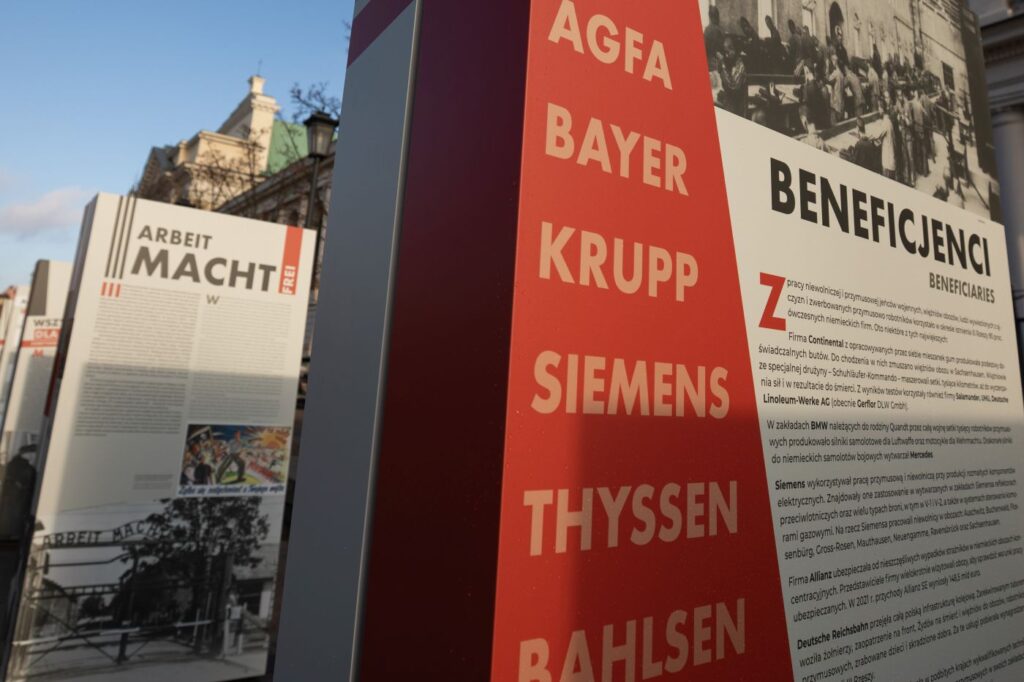
“It is Germany’s moral duty to bear the responsibility that history imposes on it — and the need to reconcile their relationship is growing in urgency” – Philip Boyes, communications strategist, writes in “Politico”.
“German leadership has ignored these demands, announcing it considers the matter closed — and legally that may be true. But morally, Germany still has a debt to pay” – commentator notice pointing out that “this bitter historical spat may well complicate efforts to secure Russian war reparations for Ukraine, when the time comes”.
“But how exactly does one determine the value of a human life?” – he wonders adding that “In their latest report, Polish lawmakers used a new methodology that takes into account both the material damage and the millions of Poles killed in the war, estimating what they would have contributed to the economy in their lifetime”. “No doubt legislators in Dnipro, Kharkiv and Mariupol are taking note ” – Boyes emphasize.
“Germany claims the reparations issue was addressed at the Potsdam Conference of 1945, and that it was formally renounced by the Polish governments of the 1950s and 1970s, and after the fall of the Communist regime as well. ” – commentator writes and gives counterargument: “Still, it’s simply bad history for Berlin to rely on legalistic arguments to fend off Poland’s demand for reparations. It is Germany’s moral duty to bear the responsibility that history imposes on it — and the need to reconcile their relationship is growing in urgency”.
The truth is that Poland never renounced reparations from Germany, while the Soviet Union did everything to prevent it from asking for them during communism. And although there were attempts to obtain compensation from Germany for the harm done, they encountered opposition from successive authorities in Berlin.
AW/Politico
